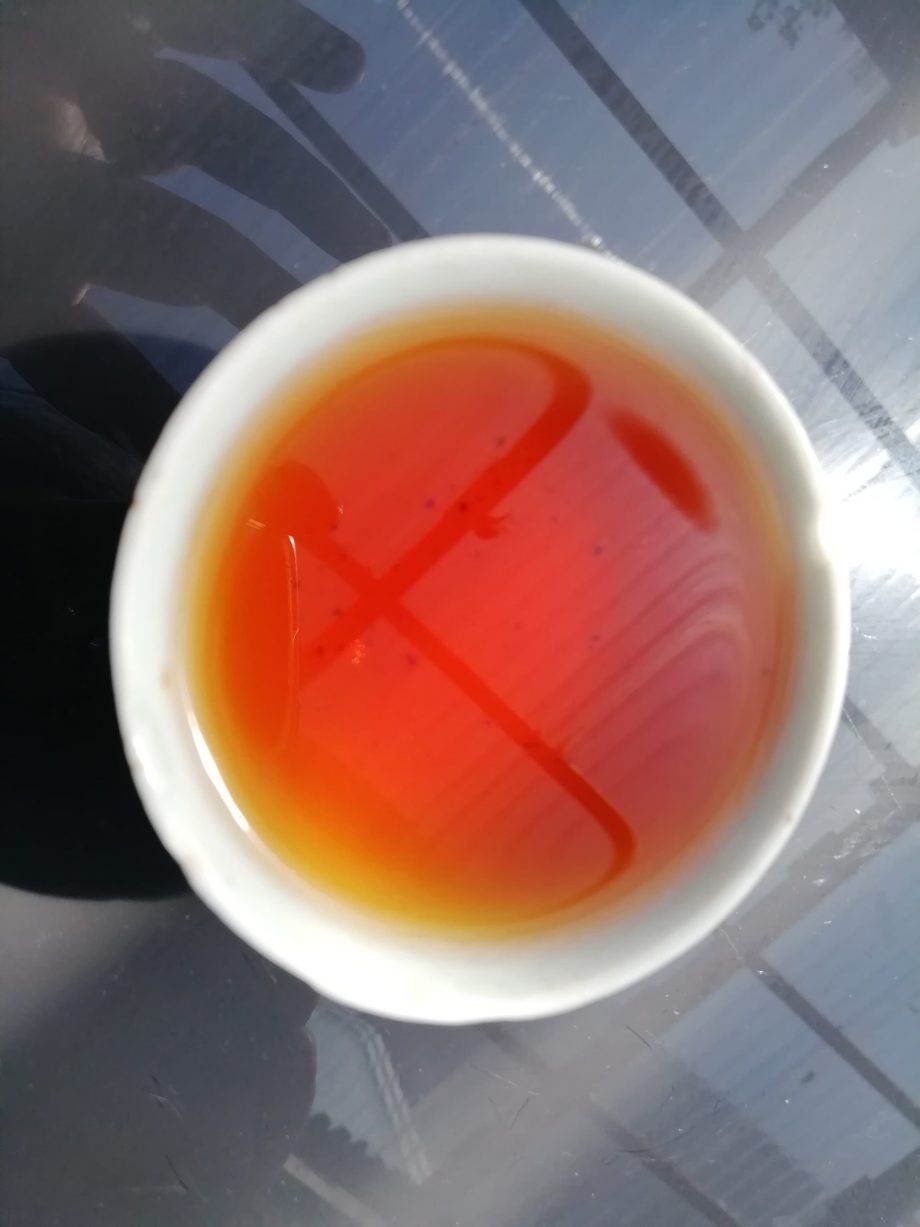If you want to know about the real quality of a puerh, look at your throat.
- The depth and length of aftertaste: how deep and for how long does the flavour of the tea go in the throat. This also includes returning sweetness (which essentially is the sweet part of aftertaste)
- Feeling of ease and comfort in the throat: if it’s uncomfortable (dry, rough, closed), it can be a sign of pesticide or other low quality issues in puerh.
From the rest of the article I’m going to refer to “aftertaste” only, but it is understood that uncomfortableness in the throat for me is a hard pass on the tea, can be enough to stop a session and certainly won’t drink it again.
Other characteristics of puerh are liable to be more based on personal preferences, but aftertaste is universally thought of a sign of high quality puerh.
(By the way, it seems to me that the main divide line in personal preferences for sheng puerh is complex aromas vs thickness and I mean to write a long comprehensive essay about it at some point.)
There are a lot of things that can be done to “trick” the mouth into having a good tea experience, for example:
- oolong-like processing that makes the tea sweet when immediately produced (but prevents it from aging properly)
- accelerated fermentation to sell a ~5 year old puerh cake as if it was ~20 years (again, because it’s basically a shou by now, it won’t develop into much better tea)
But the throat never lies, the aftertaste really is about how good the leaves are (how old the trees, how clean the environment, how many minerals in each leaf) and there’s no way to fake it.
Aftertaste also doesn’t change that much with aging, unlike other qualities of puerh that can do dramatically so. If strong aftertaste is not present in a young tea, the tea may be nice now, but it likely won’t transform into anything very interesting in the future.
Conversely, when a puerh is in the awkward stage of aging (when it’s neither floral and nice smelling nor thick and deep, but in the middle, generally ~7-12 years but depends with how much humidity a tea is being aged) aftertaste can be the best way of telling how good a tea is, because the usual mouth-based ways are quite unreliable.
So enjoy the flavours and smells, but more and more as you deepen your tea journey, pay attention to how your throat feels.
